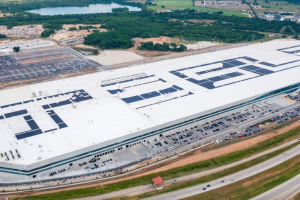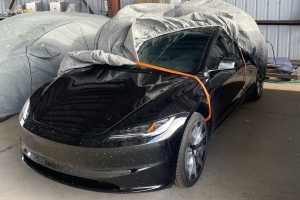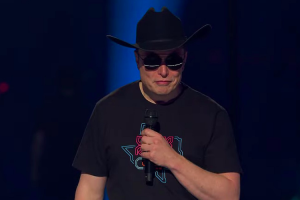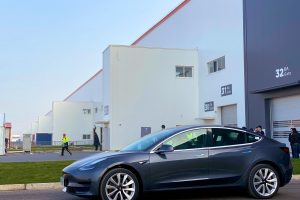Tesla owners in Taiwan turned to the country’s Consumer Foundation for alleged issues with their electric vehicles’ batteries. On Wednesday, March 16, the Foundation held a press conference with Tesla owners present, discussing some of the findings in their investigation.
The Consumer Foundation’s Secretary-General, Hsu Tse-yu, stated that several Tesla owners bought their all-electric vehicles to protect the environment. However, a few Tesla owners have stepped forward to report battery issues with their vehicles.
As per the Foundation’s investigation, most owners reporting battery issues own Model X or Model S vehicles manufactured from late 2018 to 2019.
According to CNA, more than 1,400 late 2018-2019 Model X and Model S vehicles were sold in Taiwan. Most of the issues encountered were related to the vehicles’ batteries, with some owners reporting sudden power loss. In some instances, owners reported seeing their battery meter drop while on the highway, which worried some drivers.
An organization consisting of over 300 Tesla Taiwan drivers shared information related to the battery issues owners were reporting. One of the organization’s members, named Hu, stated that at least 122 of the vehicles that fit the description previously mentioned had exhibited issues. Meanwhile, 16 specifically mentioned experiencing power loss while driving, and 17 others have had their battery packs either replaced or refurbished.
The Secretary-General of the Consumers’ Foundation said that some Tesla Taiwan owners who turned to service centers reported that fixing their vehicles’ batteries took a long period of time because parts and some materials had to be ordered abroad. Some owners also claimed that their vehicles’ original battery packs were replaced with refurbished units. Others shared that they needed to go in for repairs at least two or three times. Hsu pointed out that repairs often took months at a time.
The Consumers Foundation urged the Ministry of Transportation and Communications and other consumer protection agencies to investigate alleged battery issues with older Tesla vehicles. The agency also asked agencies to publish the results of their investigations and require Tesla to recall cars if necessary.
In addition, the Consumer Foundation asked agencies to urge Tesla to either replace battery systems with new ones, extend the warranty period, and provide temporary cars while customers are having their vehicles repaired.
Tesla Taiwan responded to the battery defect reports on the same day the Consumers’ Foundation held its press conference. The company stated that it had no plans to recall cars because battery problems were not systemic and differed depending on the vehicle.
However, the company does grant a warranty extension equivalent to the wait time for repairs. Tesla also said it provides temporary cars to owners during repairs. It also provides daily vouchers for transportation worth NT$2,000 (about $70), in addition to a discount for future tire replacements.
Tesla Taiwan stated it would shorten the time it takes to fix vehicles. The company estimated that the wait times for replacements had been shortened to two to three weeks already, and plans are underway to reduce wait times even further.





